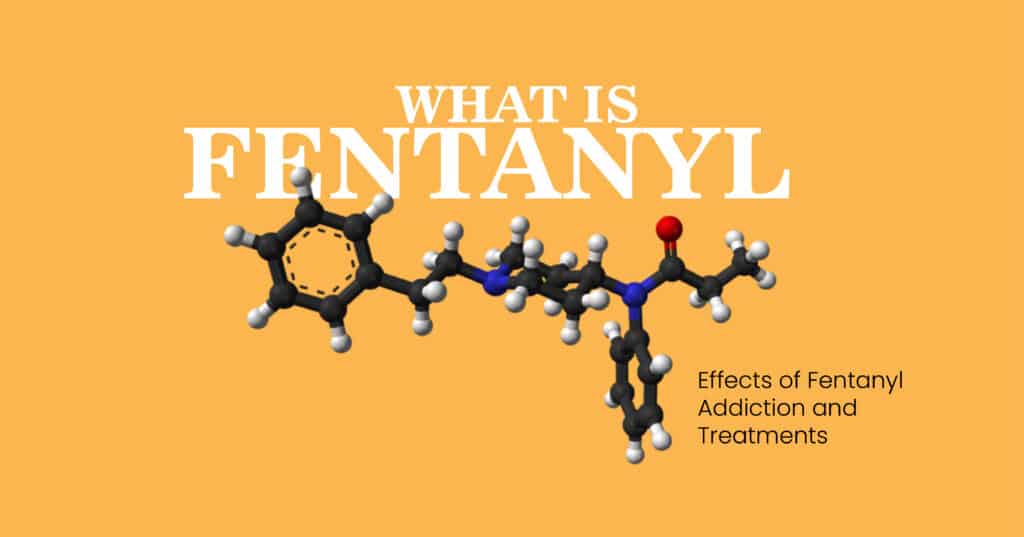In recent years, the opioid epidemic has become a significant public health concern, with Fentanyl emerging as a potent and dangerous player in this crisis. This synthetic opioid, originally developed for managing severe pain, has gained notoriety due to its high potency and the increasing rates of addiction and overdose. In this comprehensive guide, we will explore what Fentanyl is, its effects, the nuances of addiction, and the available treatments, with a focus on the specialized approach provided at the Coastal Detox of Southern California.
What is Fentanyl?
Fentanyl is a synthetic opioid analgesic, designed to mimic the effects of natural opiates like morphine and heroin but with a much higher potency. Initially intended for managing severe pain, especially in patients undergoing surgery or experiencing chronic pain, Fentanyl is now a central player in the opioid epidemic. Illicitly manufactured Fentanyl, often mixed with other drugs, has led to a surge in overdose deaths.
Fentanyl Effects
Understanding the effects of Fentanyl is crucial in recognizing its potential dangers and identifying signs of addiction. The drug primarily acts on the central nervous system, binding to opioid receptors in the brain and spinal cord, resulting in a range of effects:
- Pain Relief
Fentanyl is a powerful pain reliever, providing quick and intense relief to those suffering from severe pain, such as cancer patients or those recovering from major surgeries.
- Euphoria and Relaxation
Like other opioids, Fentanyl induces a sense of euphoria and relaxation, contributing to its high potential for abuse.
- Respiratory Depression
One of the critical dangers associated with Fentanyl use is respiratory depression. High doses or misuse can lead to slowed breathing, which, in severe cases, can be fatal.
- Addiction and Dependence
Repeated use of Fentanyl can lead to physical dependence and addiction, making it challenging for individuals to quit without professional help.
Fentanyl Addiction
Recognizing Fentanyl Addiction
Identifying Fentanyl addiction involves recognizing both physical and behavioral signs. Individuals addicted to Fentanyl may exhibit:
- Increased Tolerance: Needing higher doses to achieve the desired effects.
- Withdrawal Symptoms: Experiencing physical and psychological symptoms when not using the drug.
- Neglecting Responsibilities: Prioritizing drug use over work, family, and other responsibilities.
- Social Isolation: Withdrawing from friends and family to hide the addiction.
The Coastal Detox of Southern California Approach
At the Coastal Detox of Southern California, we understand the complexities of Fentanyl addiction and offer a tailored approach to detoxification and rehabilitation.
Fentanyl Detox
Importance of Fentanyl Detox
Fentanyl detoxification is the initial step toward recovery, aiming to safely manage withdrawal symptoms and rid the body of the drug. Abruptly stopping Fentanyl use can lead to severe withdrawal symptoms, making professional detox crucial.
Our Detoxification Process
- Medical Evaluation
Before detox begins, our experienced medical team conducts a thorough evaluation to understand the individual’s health, history, and specific needs.
- Stabilization
We focus on stabilizing individuals during detox, providing medical support to manage withdrawal symptoms and ensuring their safety.
In some cases, we may use medications to ease withdrawal symptoms and reduce cravings, promoting a more comfortable detoxification process.
- Therapeutic Support
Our holistic approach includes therapeutic support, offering counseling and coping mechanisms to address the psychological aspects of addiction.
Fentanyl Treatment
Comprehensive Treatment Modalities
While detoxification addresses the physical aspects of addiction, comprehensive Fentanyl treatment involves addressing the underlying psychological and behavioral components. At the Coastal Detox of Southern California, our treatment approach includes:
- Individualized Therapy Plans
Every individual is unique, and so are their experiences with addiction. Our team creates personalized therapy plans to address the specific needs and challenges of each client.
- Counseling and Behavioral Therapy
Therapeutic interventions, such as cognitive-behavioral therapy, help individuals identify and modify destructive patterns of thinking and behavior associated with Fentanyl addiction.
- Group Therapy
Group therapy provides a supportive environment where individuals can share experiences, learn from others, and build a sense of community.
- Family Involvement
We recognize the importance of family support in the recovery process. Involving families in therapy sessions helps build a robust support system for individuals in treatment.
Fentanyl Medication
Medications for Opioid Use Disorder (MOUD)
Medication-assisted treatment (MAT) is an integral part of our approach to Fentanyl addiction. MOUD, including medications like Methadone, Buprenorphine, and Naltrexone, can help manage cravings and prevent relapse.
Customized Medication Plans
Our medical team develops personalized medication plans, carefully considering the individual’s medical history and needs. This ensures a tailored and effective approach to Fentanyl addiction treatment.
Fentanyl is a potent opioid with severe consequences, but recovery is possible with the right treatment. At the Coastal Detox of Southern California, we prioritize individualized care, combining medical expertise, therapeutic support, and medication-assisted treatment to address the complexities of Fentanyl addiction. If you or a loved one is struggling with Fentanyl addiction, seeking professional help is the first step toward a healthier and drug-free life.









